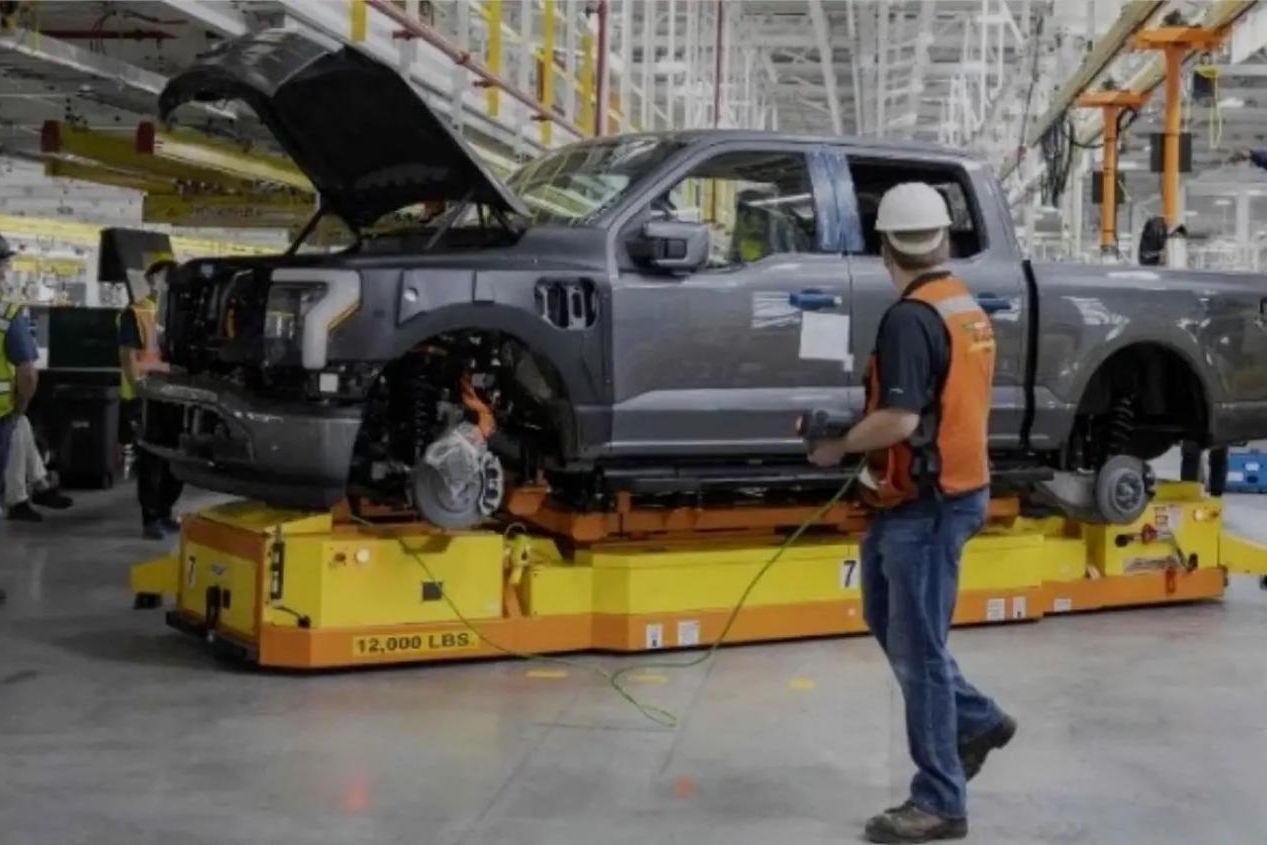
In recent days, the European automotive industry is facing unprecedented challenges. European car production is expected to cut by 40 per cent in the coming period, according to a new report from S&P global mobility, with production likely to plummet to about 1m vehicles a quarter. This news has undoubtedly brought a heavy blow to the European automobile industry, but also aroused widespread concern in the global automobile market.
The report points out that the reduction in European automobile production is mainly affected by the superposition of multiple crises. First of all, the continued spread of the covid-19 epidemic has had a serious impact on the global supply chain, and the European automobile industry is no exception. Many automakers are facing production stagnation because of supply chain disruptions, resulting in a sharp drop in production. The conflict between Russia and Ukraine has further exacerbated supply chain instability, making it more difficult for European automakers to obtain key components.
But the bigger challenge comes from the energy crisis. With winter approaching, energy prices in Europe have soared, putting huge cost pressures on automakers. According to the European Association of automobile manufacturers, the cost of automobile production has risen from 50 euros per vehicle before the energy crisis to 687-773 euros. The increase is particularly heavy for small suppliers, many of whom may be forced to shut down or go bankrupt because they cannot afford high energy costs.
The sharp expansion in energy costs has not only affected automakers' production costs, but also had a ripple effect on the entire supply chain. With energy supplies tight, parts of Europe may even face the risk of power outages, putting automakers under intense pressure to keep production lines running. Smaller suppliers may be forced to halt production because they cannot ensure a steady supply of electricity, further exacerbating the decline in car production.
In addition, the reduction of European automobile production is also closely related to policy adjustment. In recent years, European governments have actively promoted the green transformation, increased subsidies for electric vehicles and set strict emission standards. But these policies not only promote the development of electric vehicles, but also bring huge transformation pressure to traditional automakers. Many companies need to invest heavily in technology upgrades and production lines in a short period of time to adapt to new emissions standards. However, under the double blow of the energy crisis and supply chain disruption, the financial situation of these enterprises has been very fragile, and it is difficult to bear such huge transformation costs.
The cuts in European auto production have far-reaching implications for the global auto market. As one of the world's important automobile manufacturing bases, the decline in production in Europe has affected not only local automakers, but also global automakers. As European suppliers export components around the world, almost all global automakers will be affected to some extent. Adding to the turmoil in the global auto market, some automakers risk stalling production because they cannot get timely access to key components.
Faced with this grim situation, European automakers are actively seeking countermeasures. On the one hand, they strengthen cooperation with suppliers to jointly cope with the challenges of supply chain disruptions and rising energy costs. By optimizing supply chain management and improving production efficiency, we can reduce production costs and ensure the stable operation of production lines. On the other hand, they have increased investment in new technologies such as electric vehicles and autonomous driving to promote product upgrading and innovation to adapt to changes in market demand.
While European automakers are actively responding to challenges, the future of the industry remains uncertain. Energy crisis, supply chain disruption, policy adjustment and other factors are intertwined, which makes the European automobile industry face unprecedented pressure. The global auto market will also be affected by the potential marginalization of technologically advanced manufacturers through bankruptcies or loss of brands.
In this context, the European government and the international community need to work together to provide more support and assistance to the automotive industry. The government can increase financial subsidies and tax incentives for the automotive industry to reduce the financial burden of enterprises. At the same time, we should strengthen international cooperation to jointly cope with the challenges of global supply chain disruption and energy crisis. By strengthening information sharing and coordinating policy formulation, we can improve the stability and resilience of the supply chain and create favorable conditions for the recovery and development of the automotive industry.
In short, the reduction in European car production is the result of multiple crises. Faced with this challenge, European automakers need to actively respond, strengthen cooperation and promote innovation to ensure the sustainable development of the industry. At the same time, the government and the international community also need to provide more support and help to jointly cope with the challenges and opportunities facing the global automobile market.

Recently, a series of corporate borrower fraud cases have been exposed on Wall Street, implicating institutions such as Jefferies, First Brands, Zions Bank, and Western Union Bank, with massive loan losses triggering market panic.
Recently, a series of corporate borrower fraud cases have b…
According to a report citing the Messenger Post of Papua Ne…
In the latest meeting minutes released by the Bank of Japan…
November 4th witnessed a "day of terror" in the cryptocurre…
On October 26th local time, Tesla's CEO Elon Musk announced…
When the US National Nuclear Security Agency fell into an "…